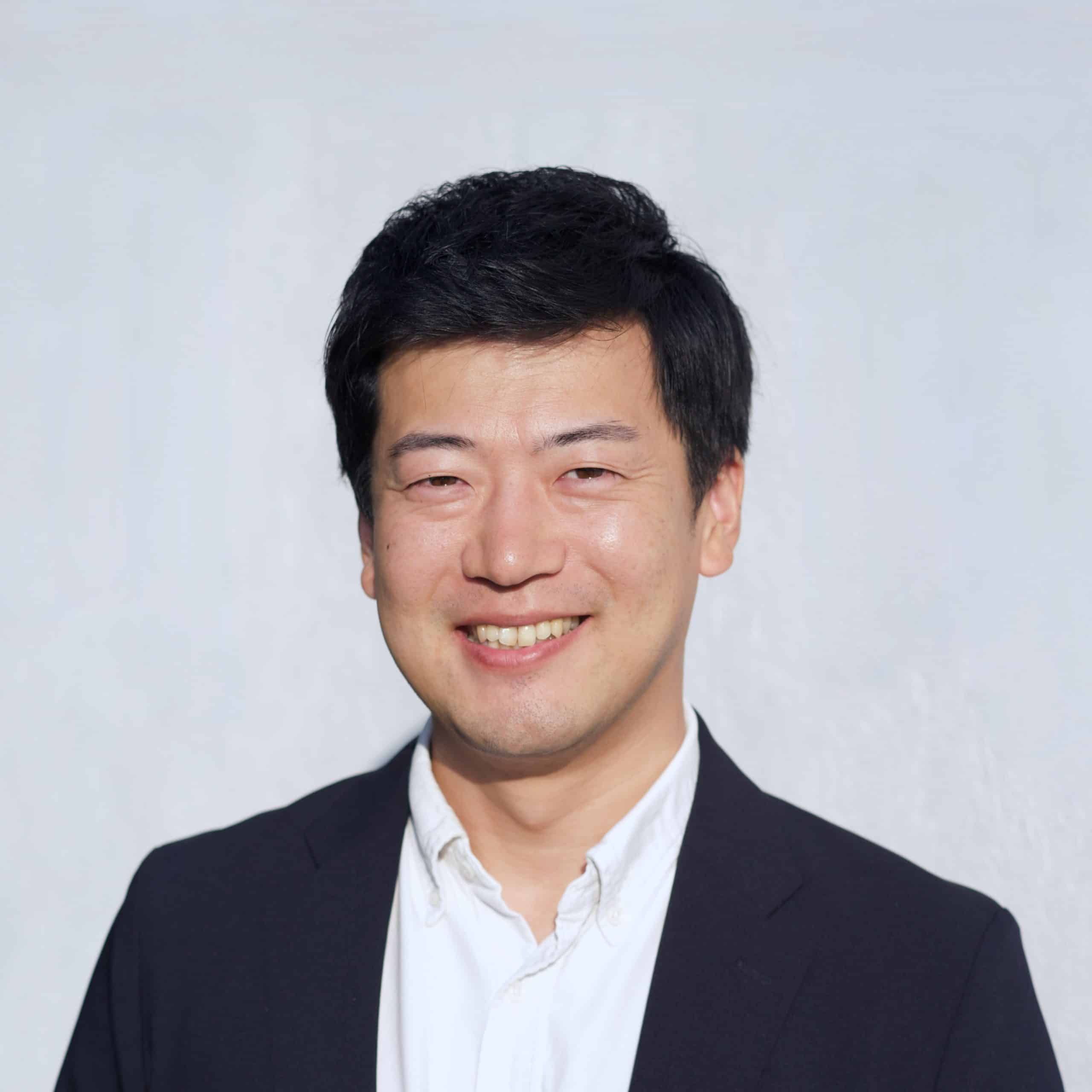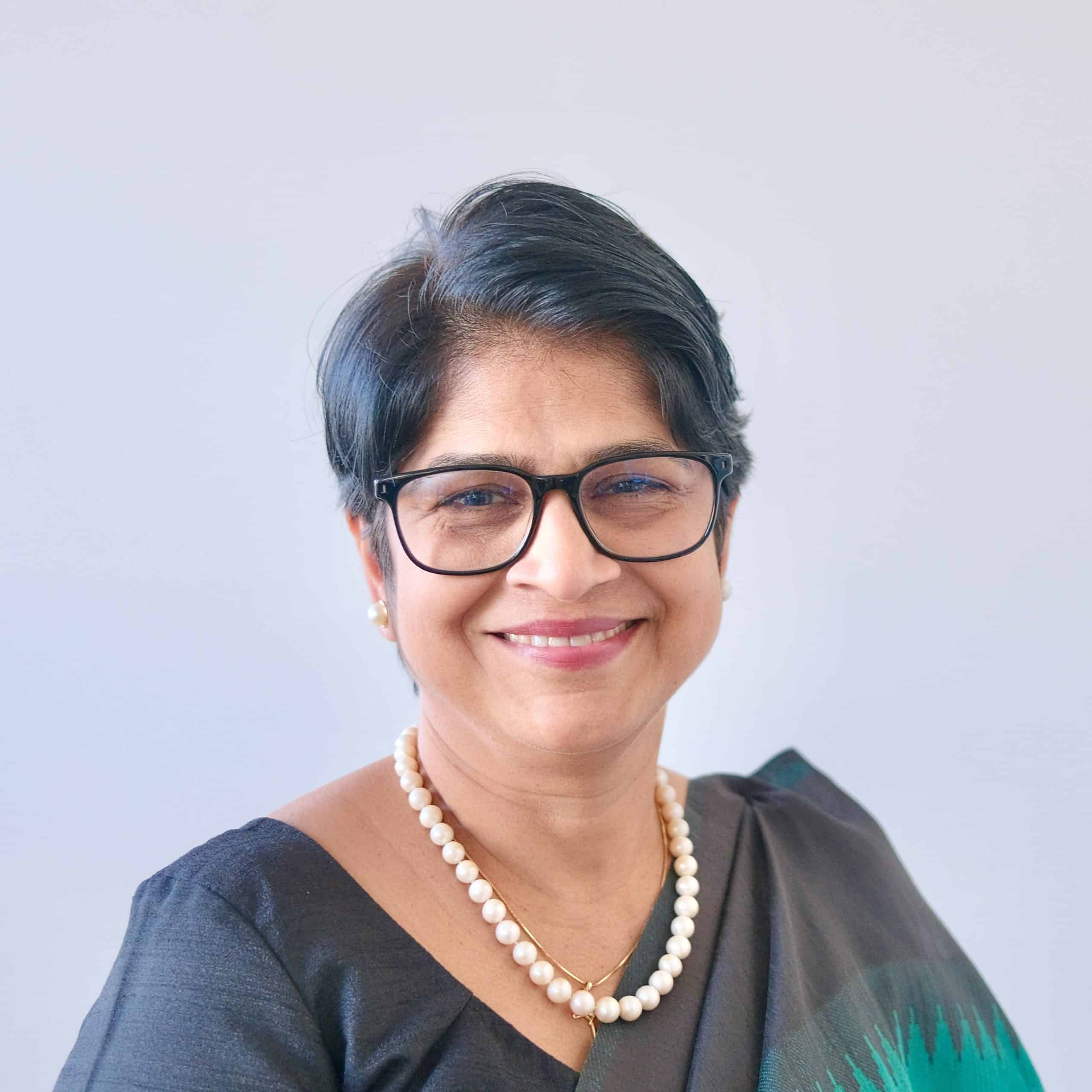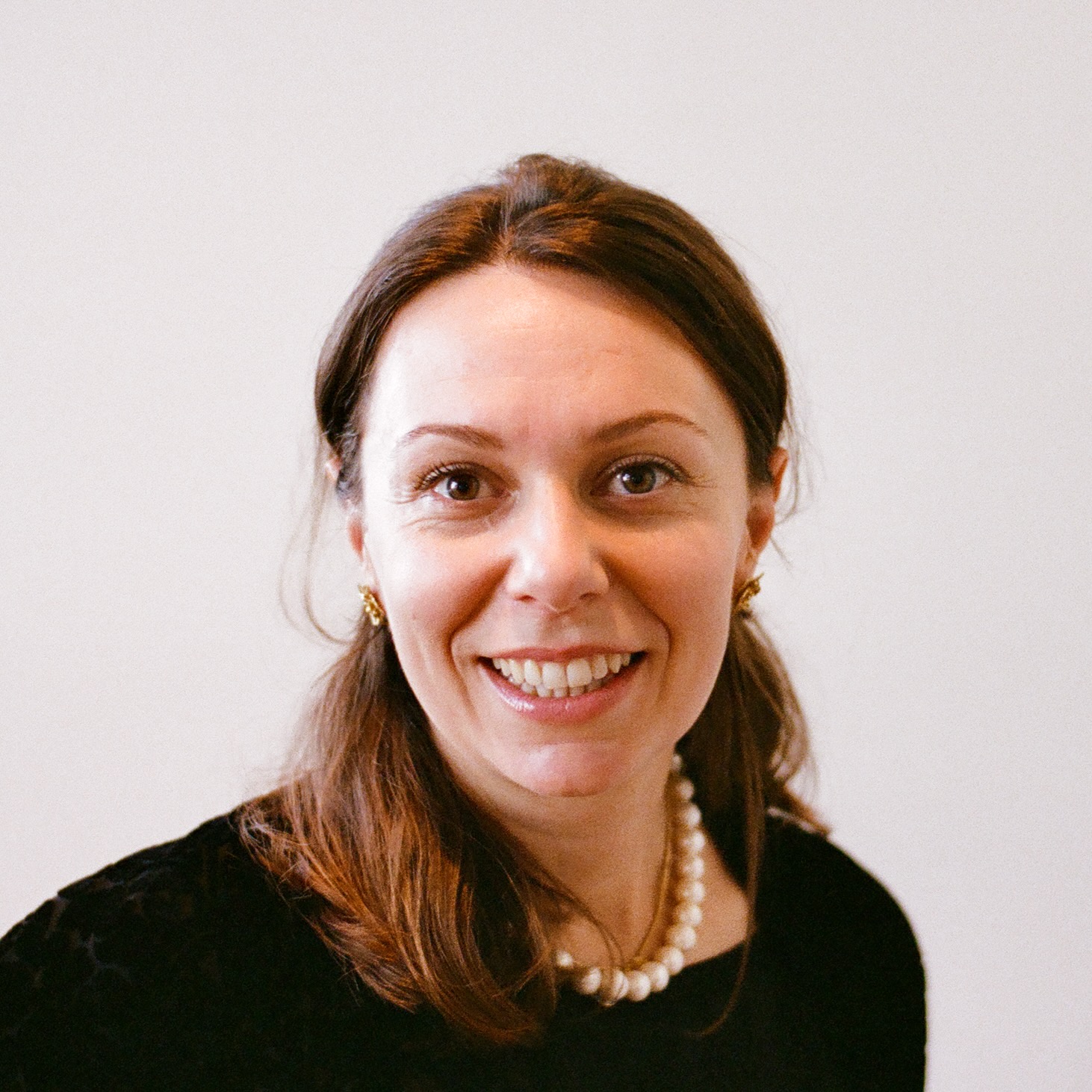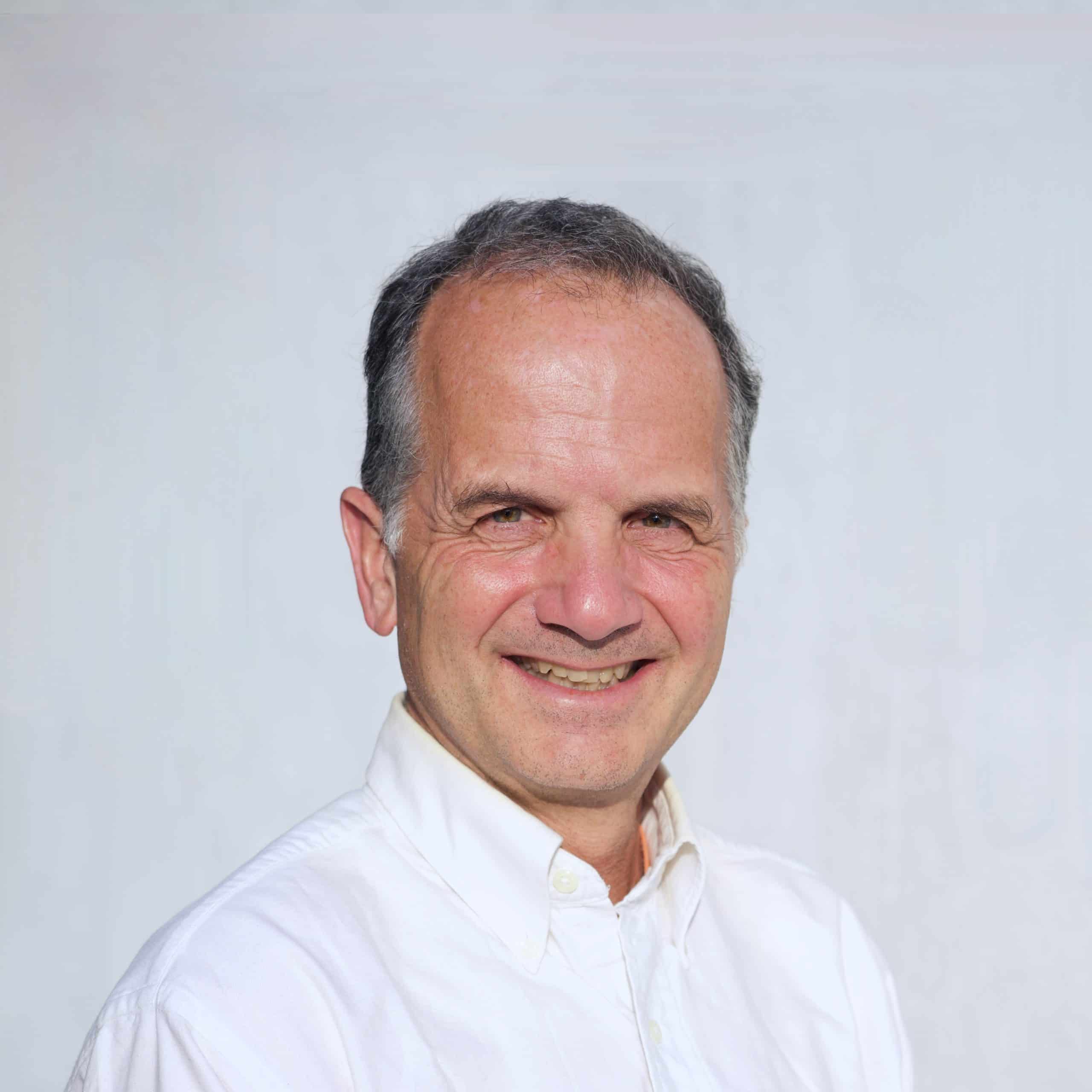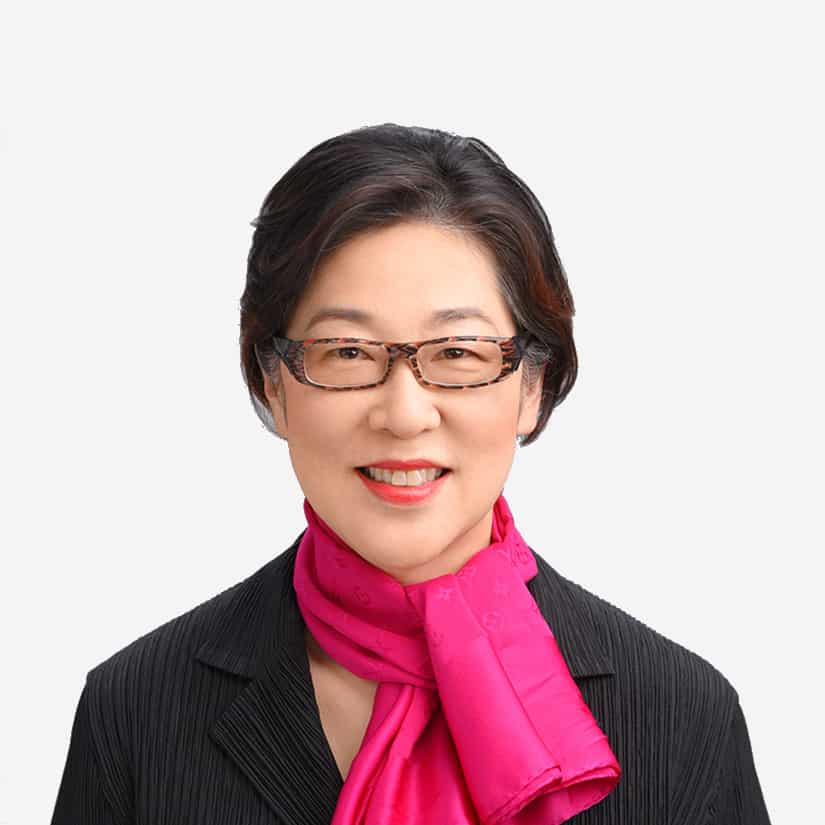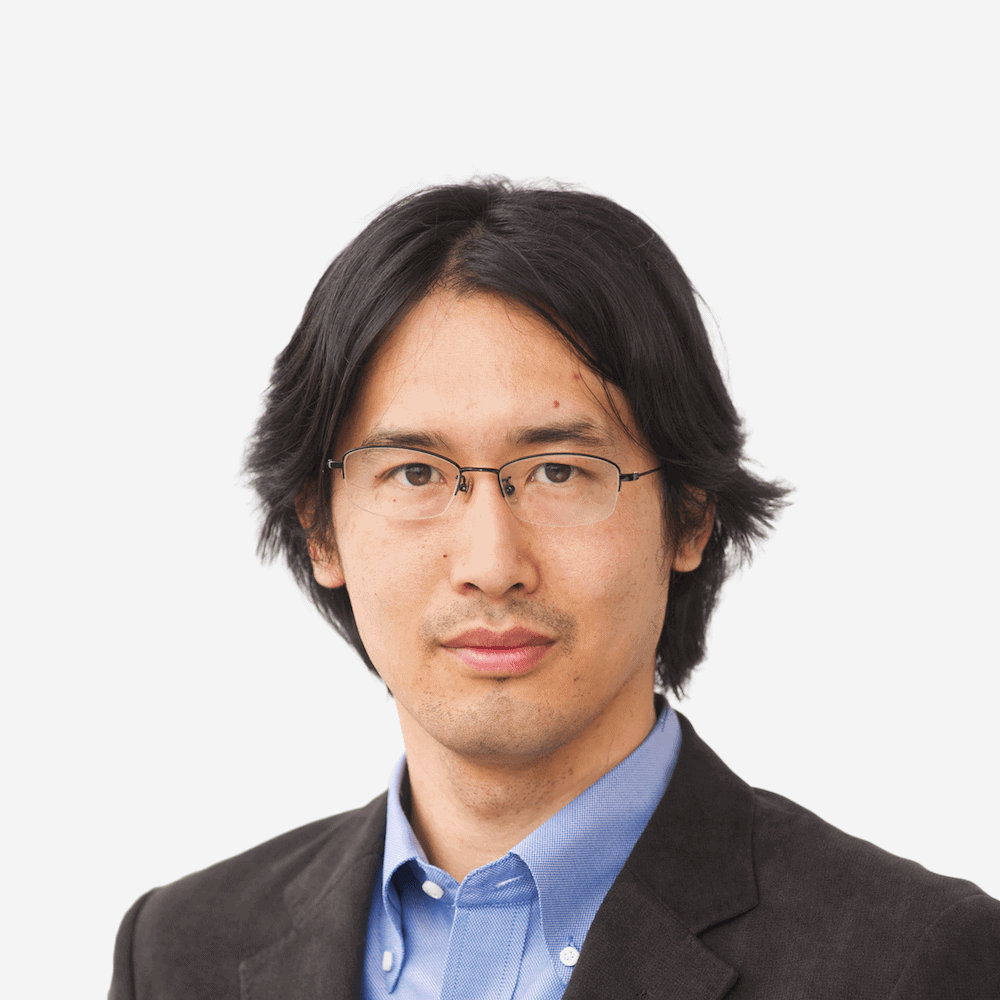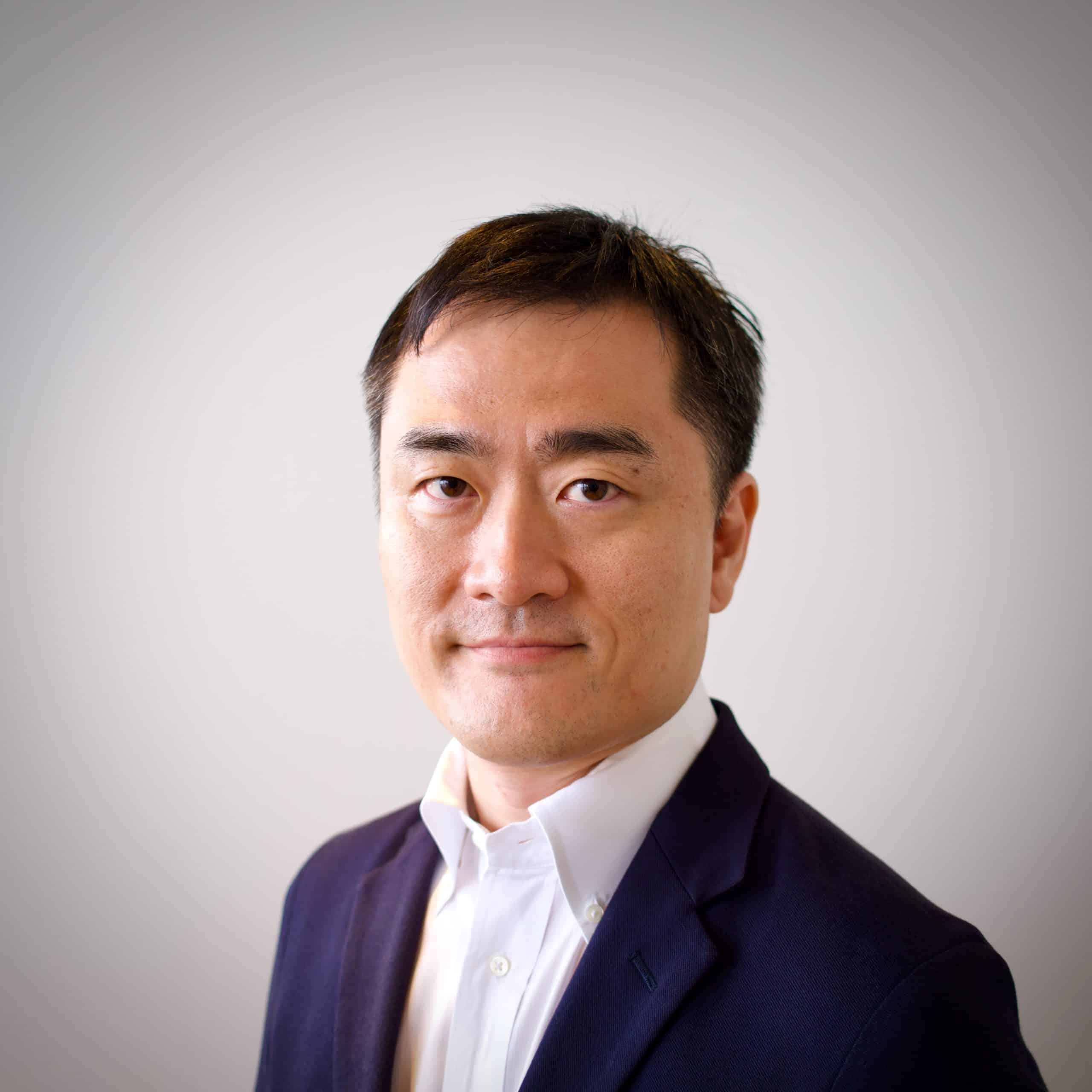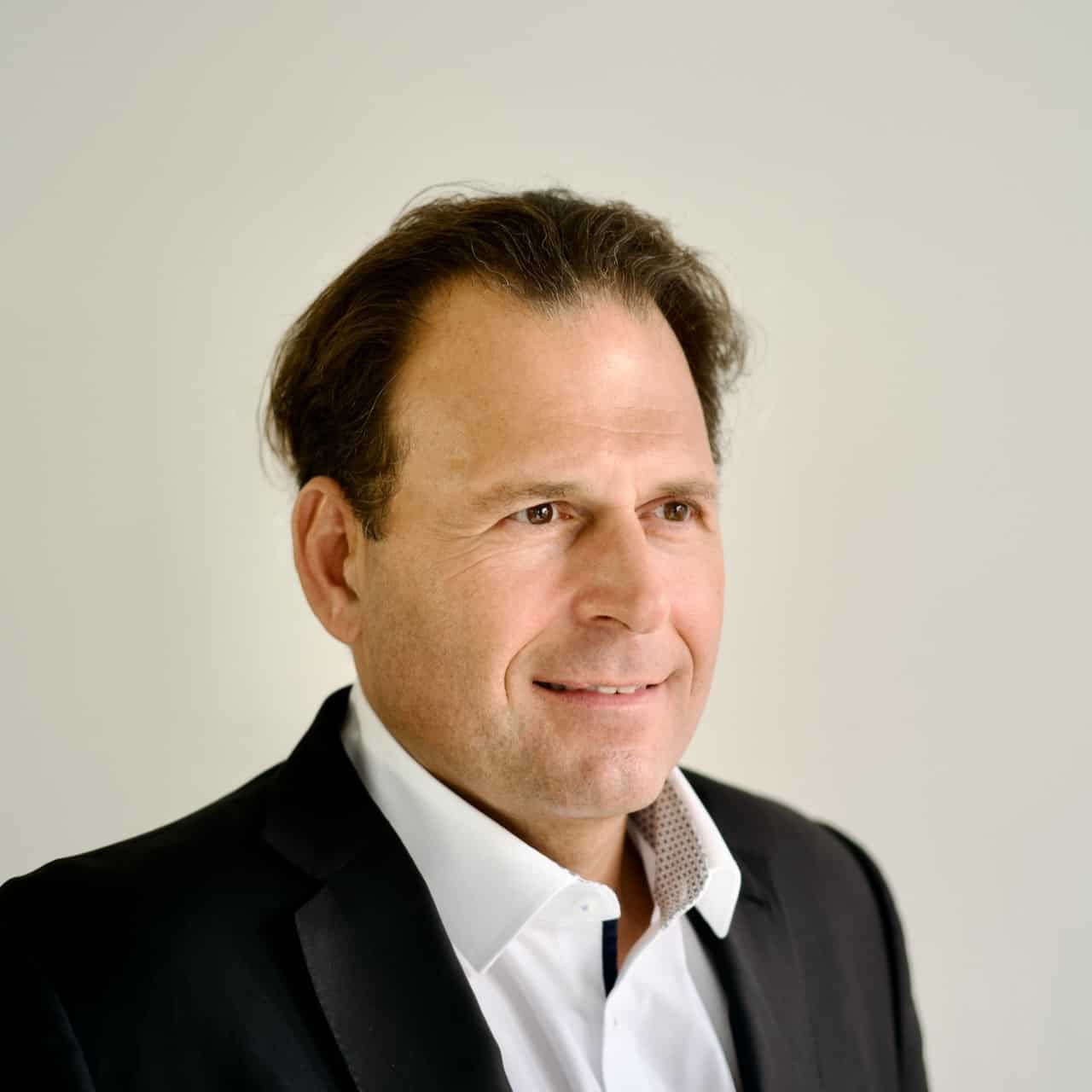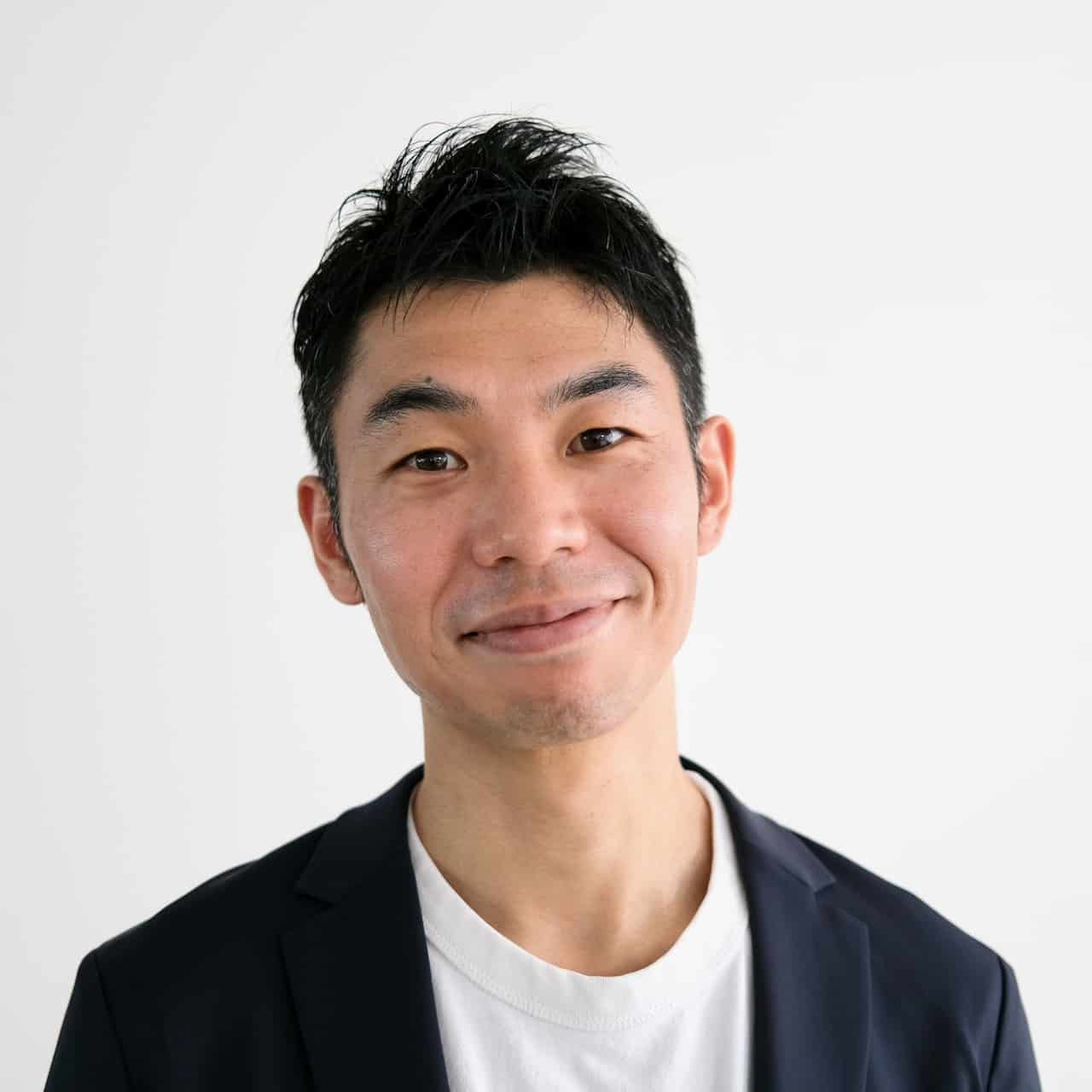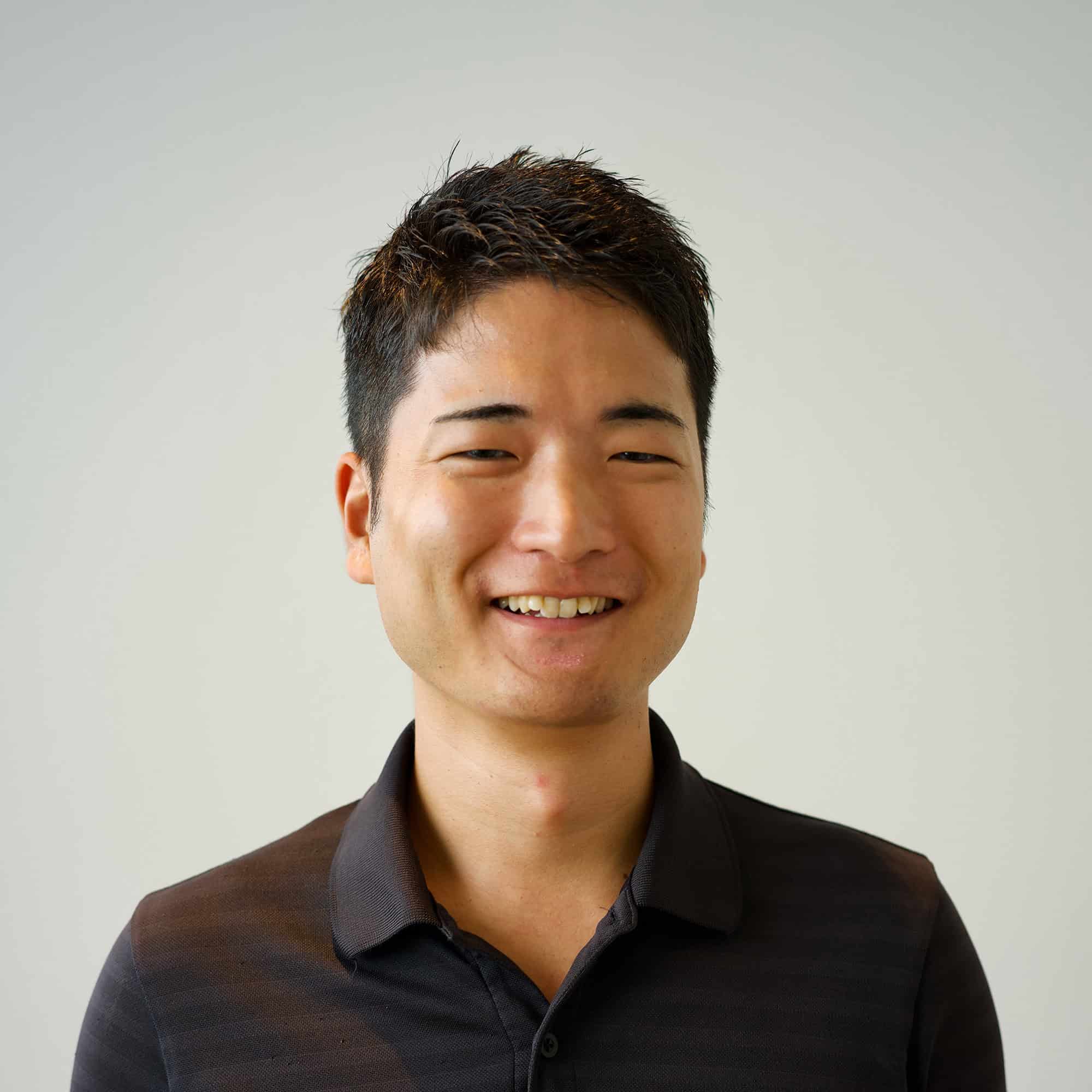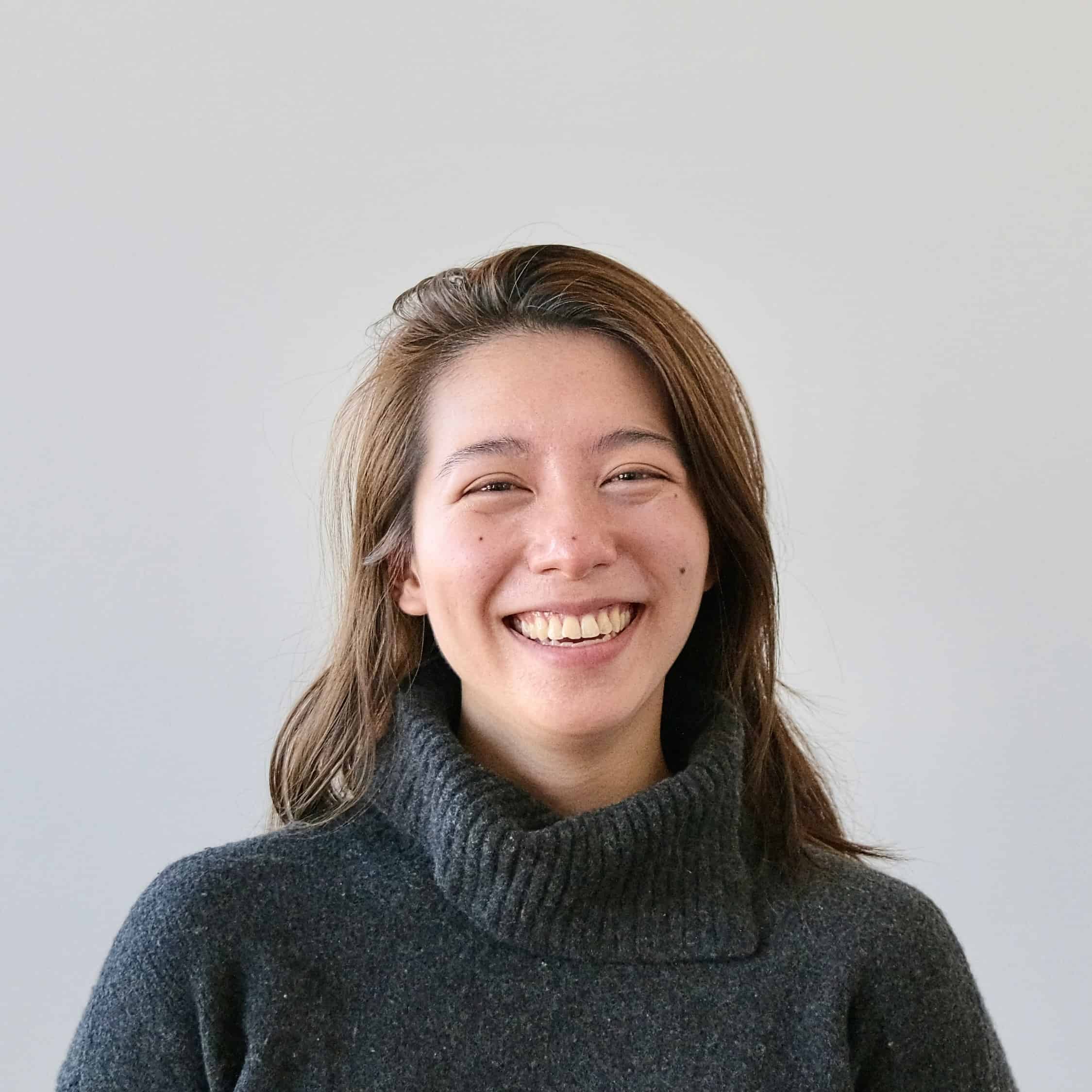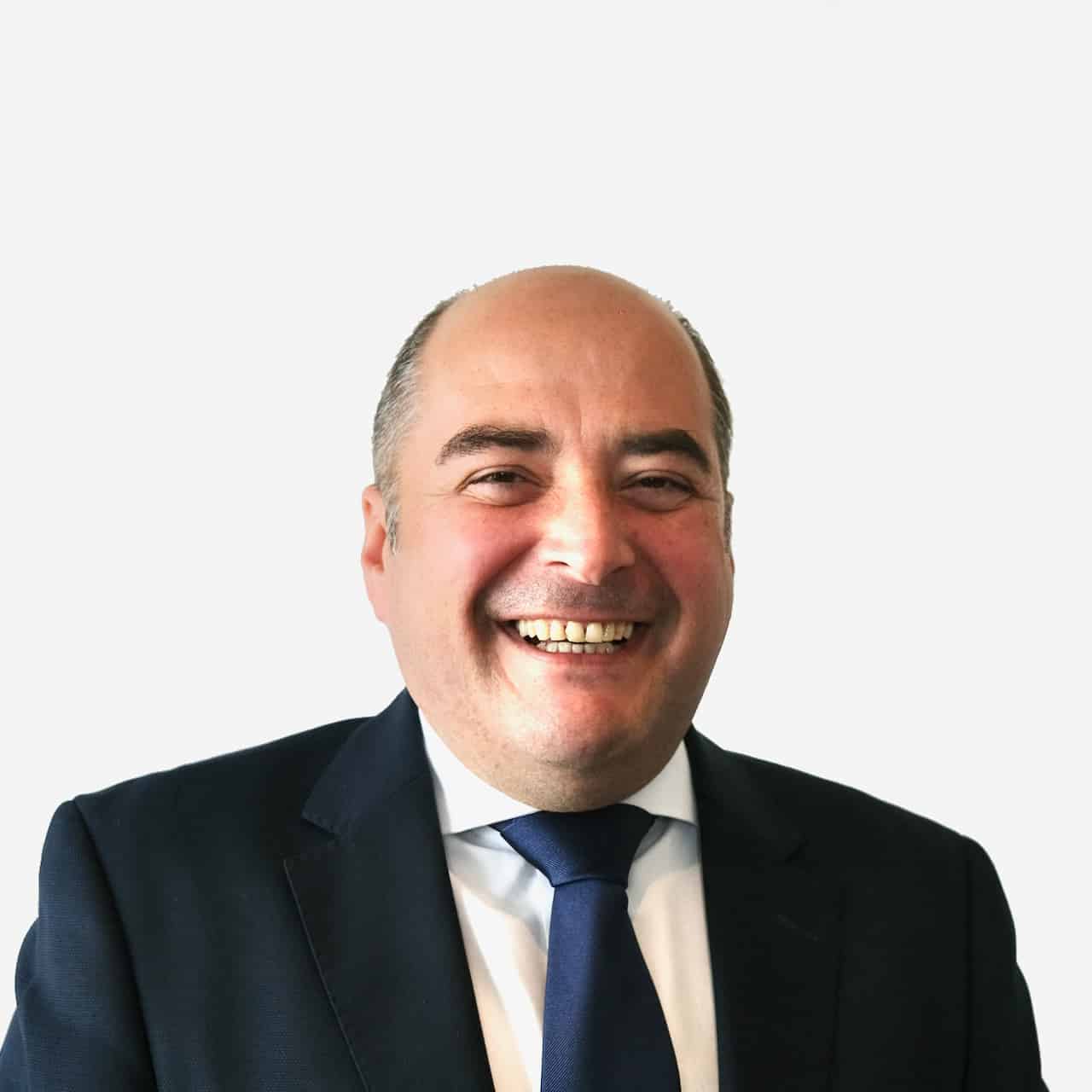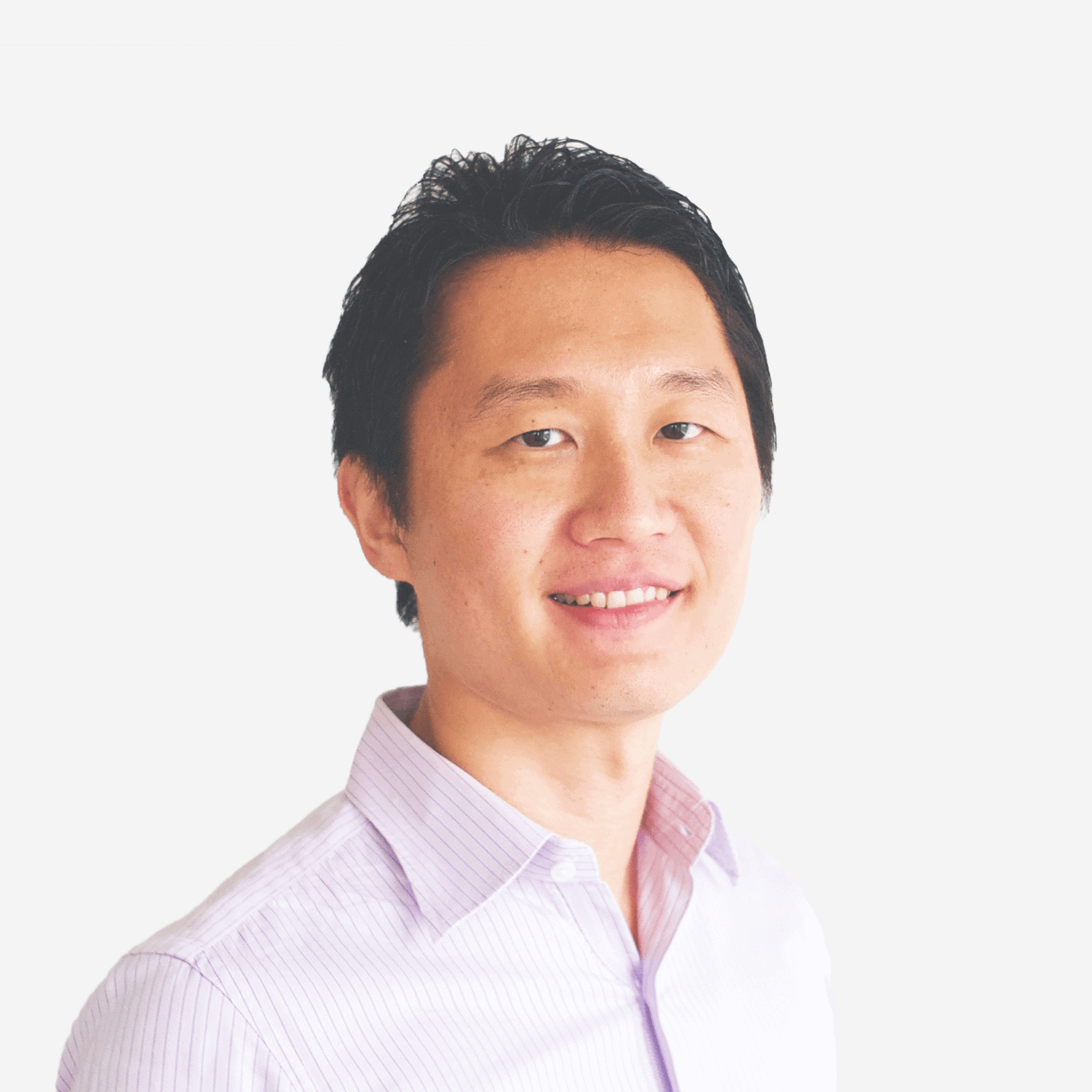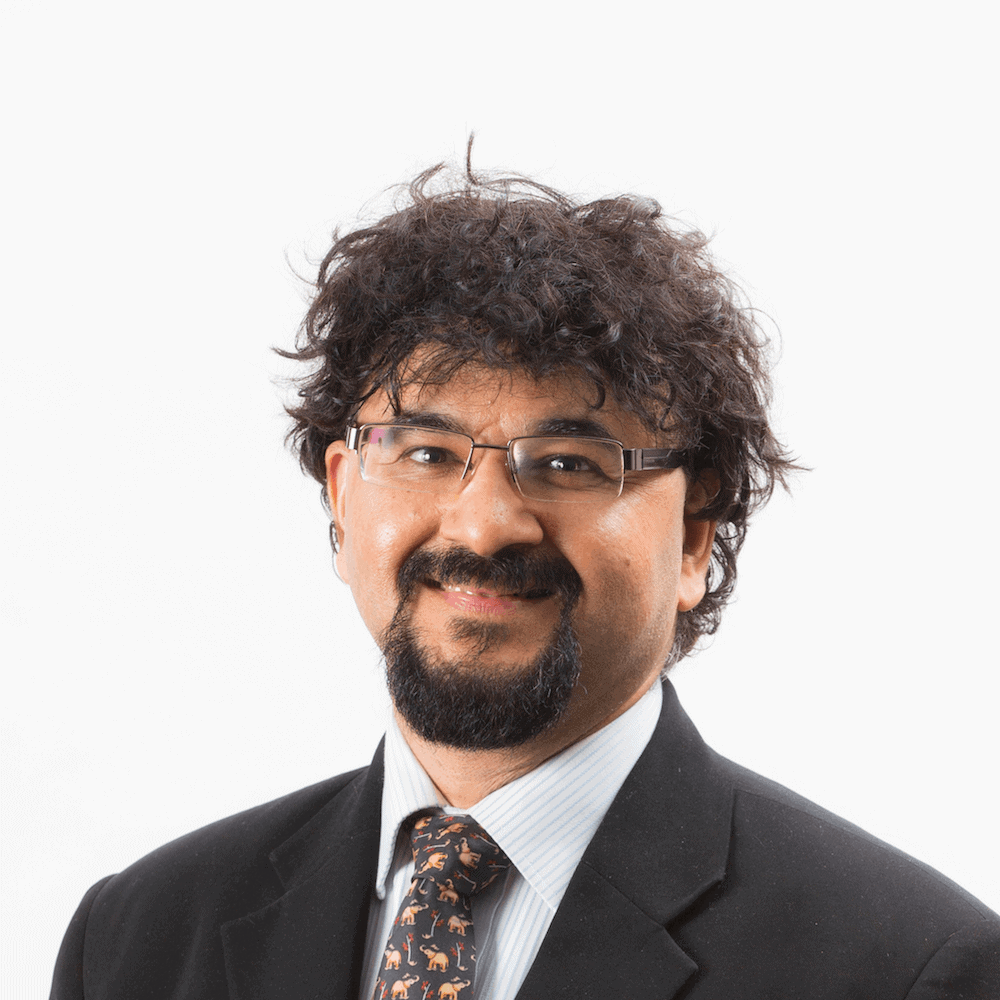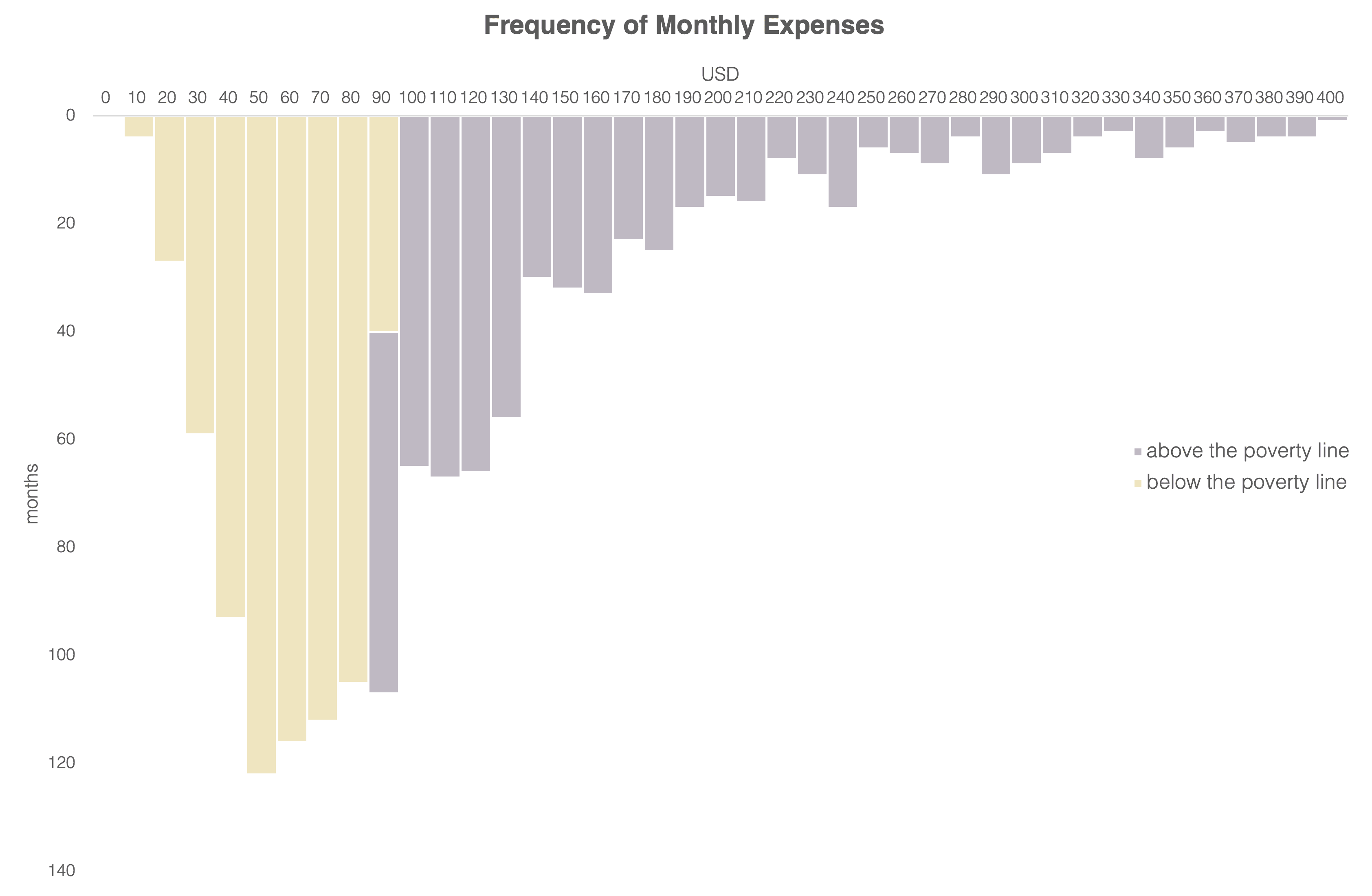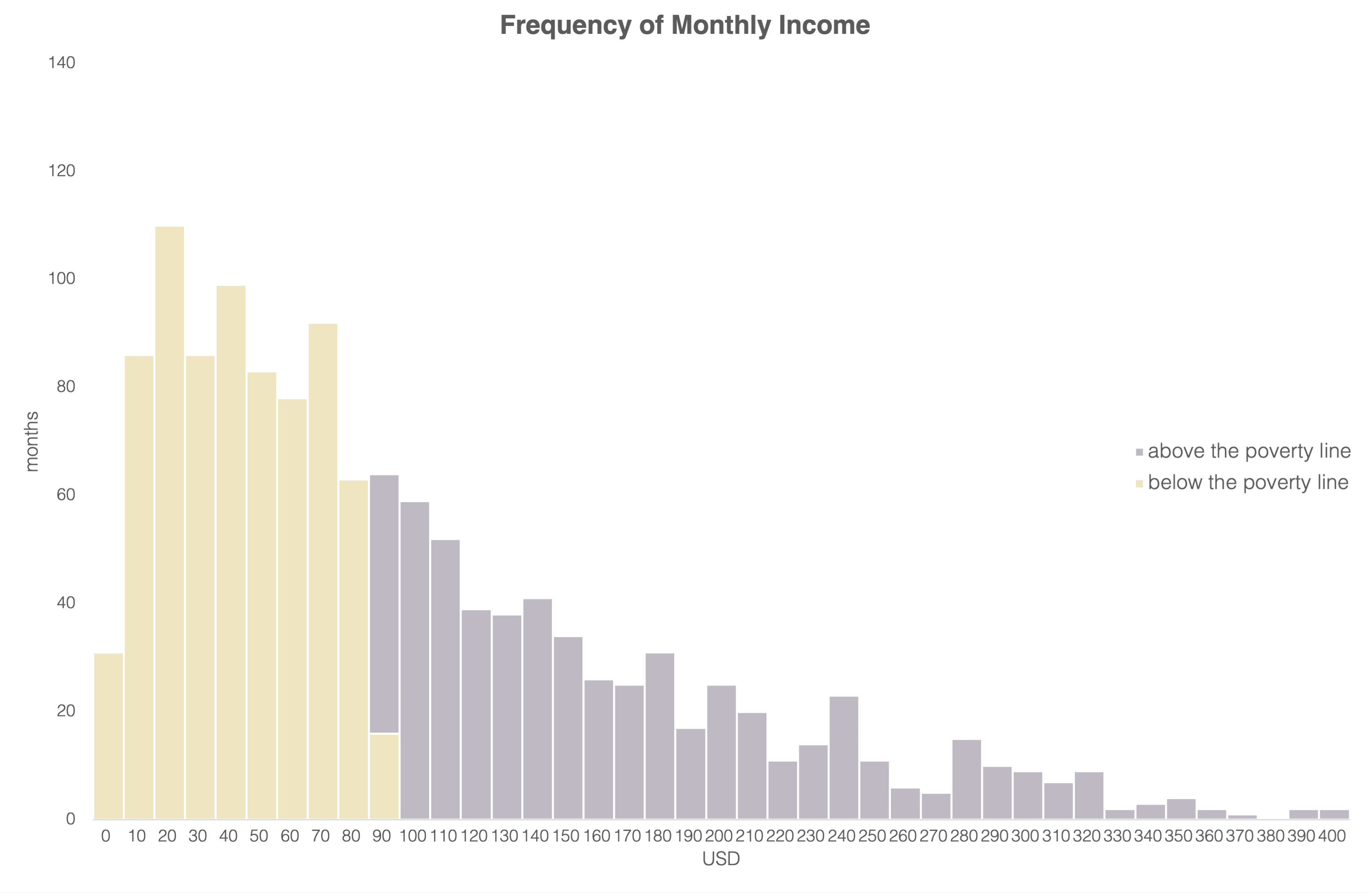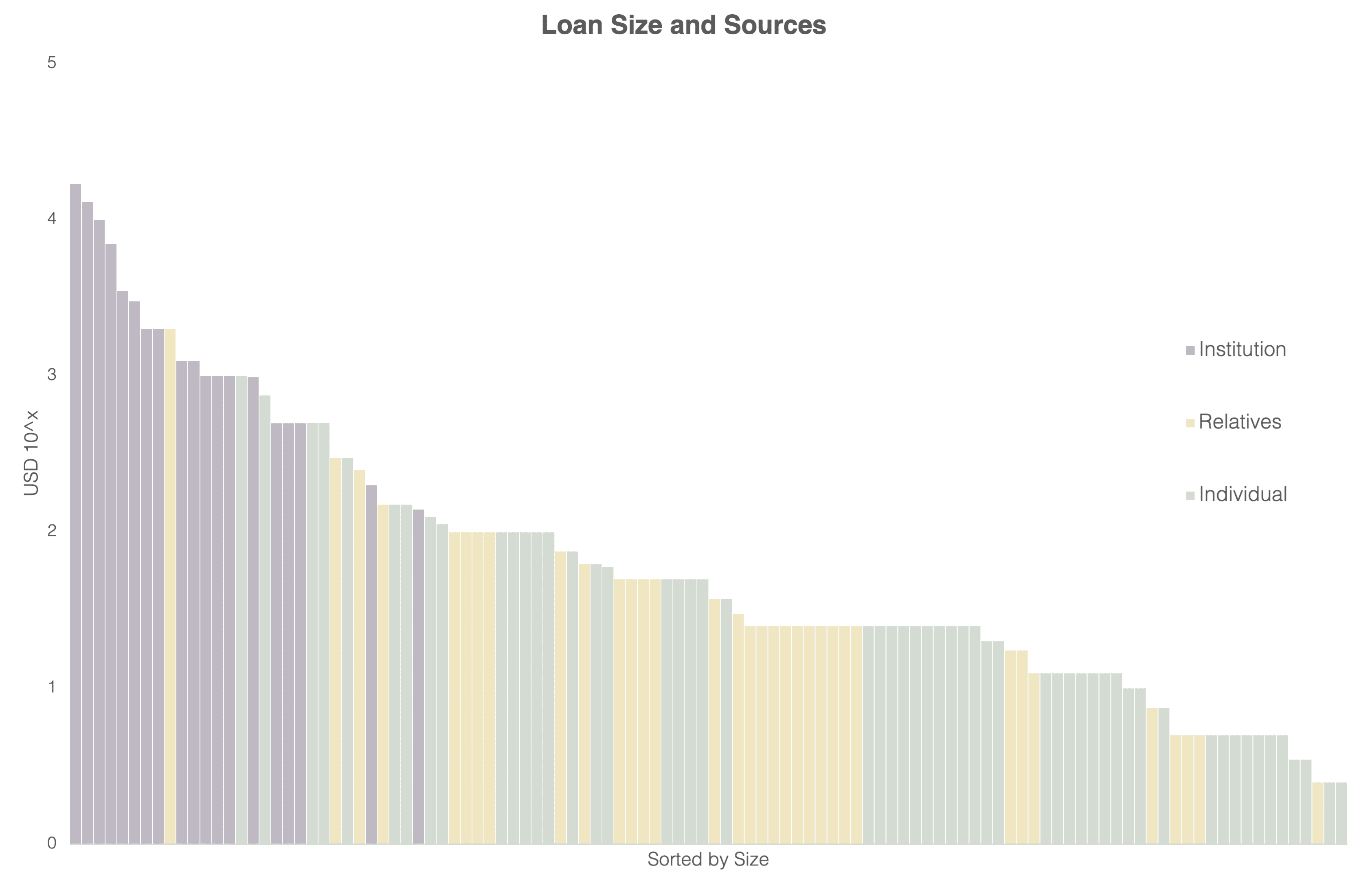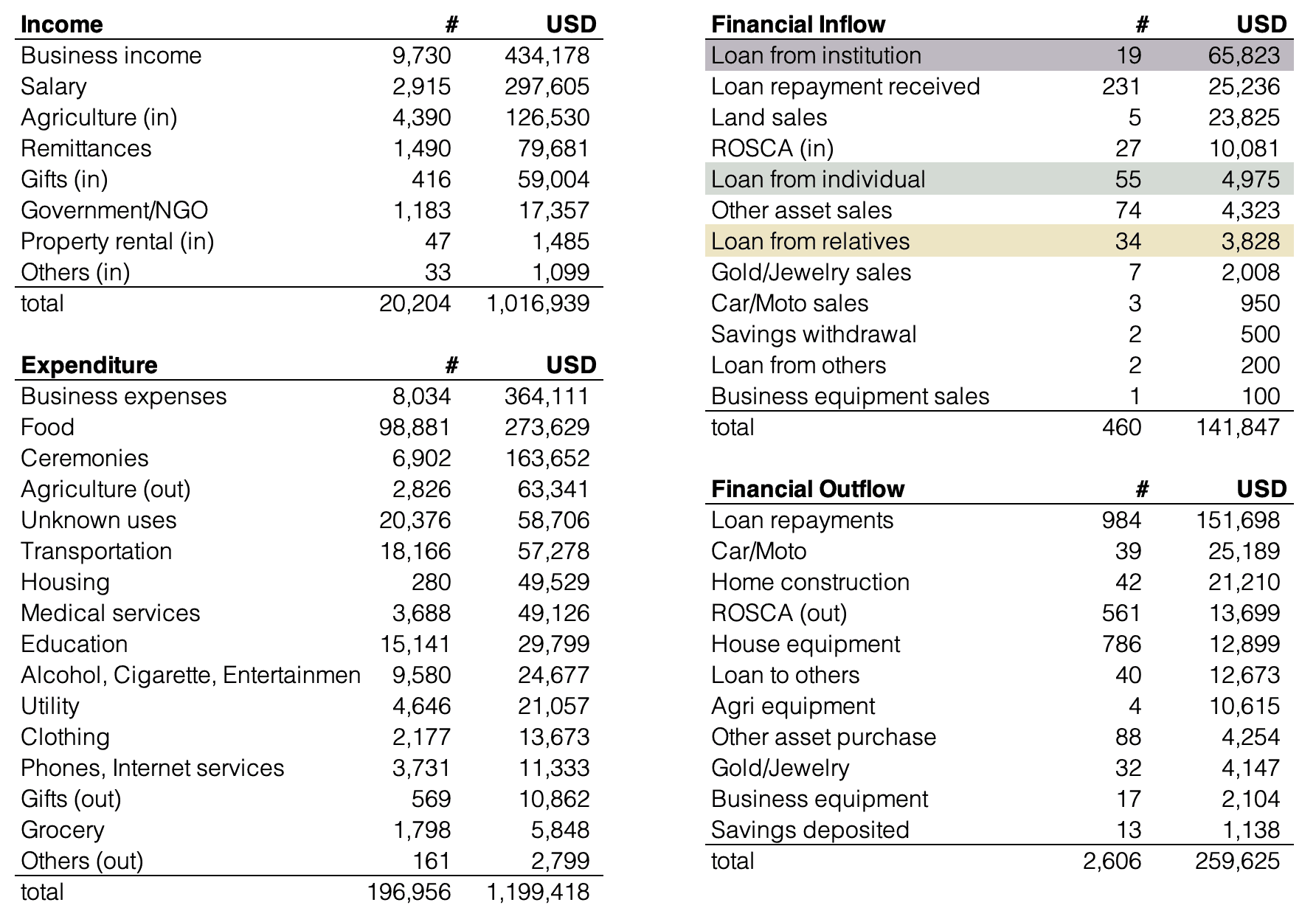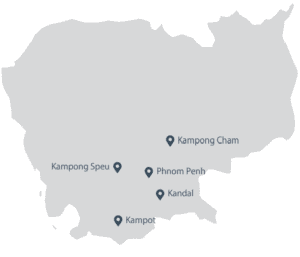Client Stories
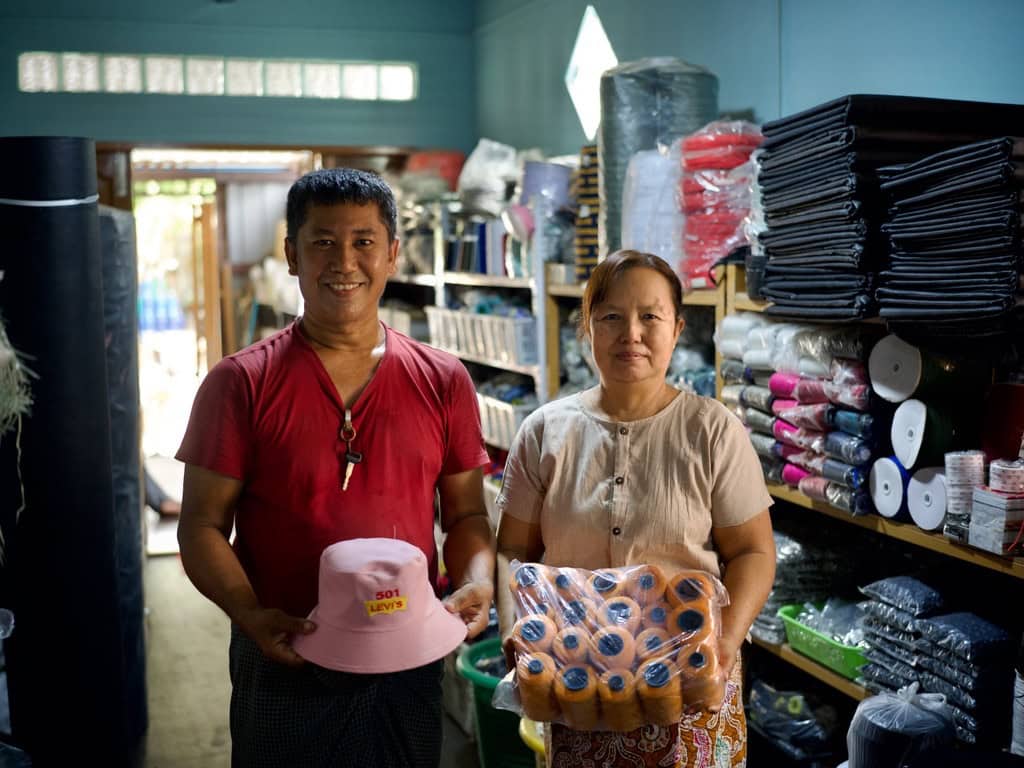
MIFIDA's client who runs a thread-import business in Myanmar / Taejun Shin
From Myanmar
We met Thida and Aung Swe in Yangon in April 2025, shortly after the earthquake struck the country. Their hometown is Mandalay—the city hit hardest by the quake. They moved from Mandalay to Yangon in 2000 to study and eventually settled there.
Ten years ago, soon after the country opened its market, they started a thread-import business. They bring in products from China and sell them to factories, small boutique shops, and individual customers. Over the past decade—despite COVID-19, the coup, and other disruptions—their revenue has continued to grow. They now have 150 wholesale customers who use their thread to make hats. Today they import about 20 million MMK per month (roughly 500 USD) and sell it at a 10–20 percent margin. One package, shown in the photo, retails for 50 thousand MMK (12.50 USD).
They are small and medium enterprise (SME) loan clients of MIFIDA. Although the loan is in Mr Aung Swe’s name, the funds support their household business, as is common. They previously borrowed from other microfinance institutions (MFIs) but switched to MIFIDA because it offers cashless repayment—wallet-based payments are far easier for them than handling cash. SME merchants like them are used to smartphone wallets. “We also liked the paper-less application process; it’s much more convenient and quicker,” they explained.
Despite the civil war and the recent earthquake, they remain confident about their business. Customer numbers and revenue keep rising through word of mouth, and buyers travel from across the country to Yangon to pick up products.
Their optimism is reinforced by their daughter, now a medical student in Hong Kong on a full scholarship. Although her parents come from humble backgrounds, her academic brilliance earned her the award, and she intends to return to Myanmar as a doctor to contribute to the country despite the turmoil.
If we look at Myanmar from the headline news, there is no reason to be hopeful about the future. However, our interaction with the entrepreneurial customers made us believe that we still can be optimistic about the country in the long run.
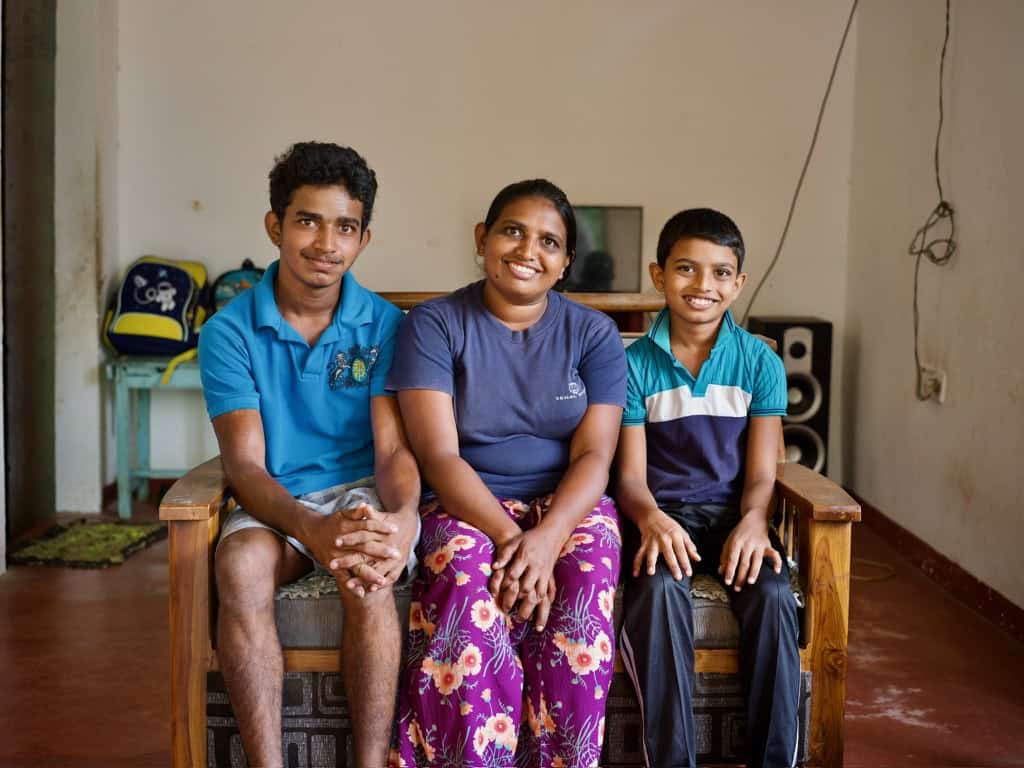
Sejaya's client and her family. She sells hand-stitched clothes. / Taejun Shin
From Sri Lanka
Roshani and her family live in Padukka, Sri Lanka, where Sejaya launched its first branch.
Sejaya’s new product, Pasio, is a “phygital” loan paired with a customer-only marketplace. The phygital model combines face-to-face interaction with digital operation using cashless and paperless processes to ensure high repayment rates and to maximise efficiency. Pasio’s added Craigslist-style marketplace lets clients trade with one another.
Roshani is an early Pasio user and appreciates its convenience. She initially borrowed her son’s smartphone for onboarding; after gaining confidence, she purchased her own. Now she spends two to four hours a day with her smartphone, selling her hand-stitched clothes. Buyers simply visit her home to collect their orders.
Marketplaces like this are still uncommon in rural Sri Lanka, but because every participant is also a Sejaya client, transactions feel safer—buyers and sellers are not total strangers.
Roshani hopes her children can study as far as they wish and looks forward to watching them thrive.
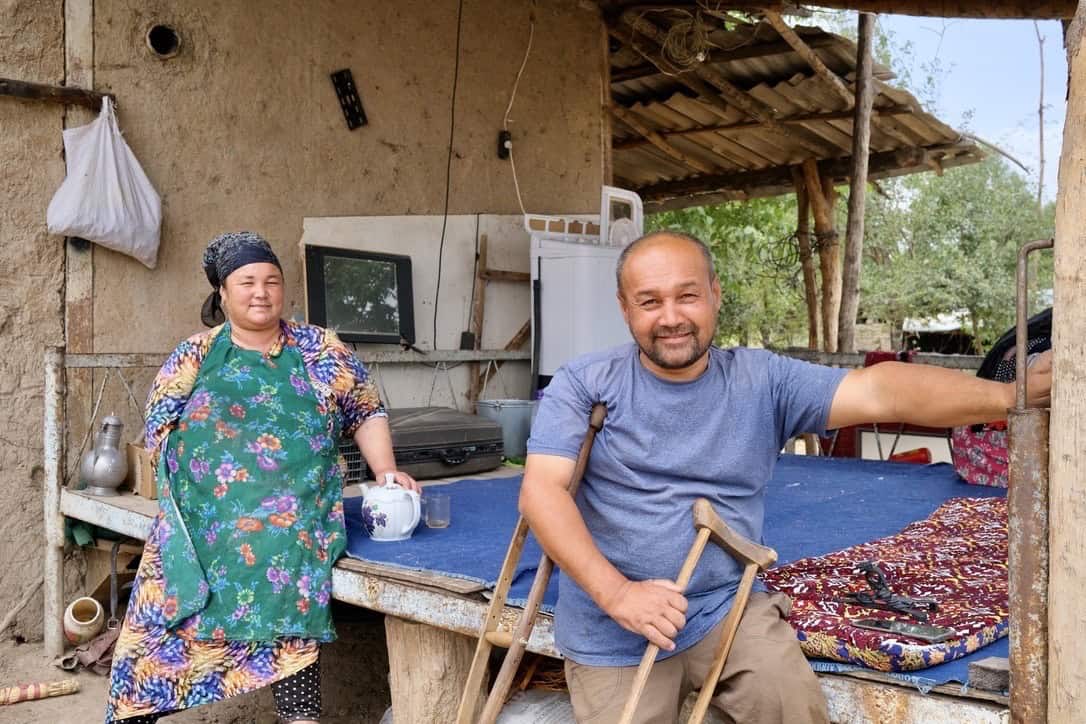
Humo's client who runs a livestock business in Tajikistan / Taejun Shin
From Tajikistan
In 2023, one year after the start of the war in Ukraine triggered global inflation, we visited a family in Tursunzoda, Tajikistan, a town on the Uzbek border. After leaving the car, we walked several hundred metres across a narrow footpath to their home, where six family members live together.
They took a loan from Humo to expand their livestock business. They now raise 100 turkeys and 100 chickens, earning about 3,000 TJS (300 USD) per month. They have lived here for 15 years, and despite the husband’s disability, they have no plans to move closer to the main road.
Global inflation has benefitted them: with a 2,000 USD loan they scaled up, and as their birds reproduce, both flock size and prices keep rising.
Although Humo offers one of the country’s best finance app, they do not use it; they are not tech-savvy and love the traditional way. Their smartphone is mainly for video calls with relatives abroad—around one-sixth of Tajikistan’s workforce migrates overseas, mostly to Russia—and that function alone justifies the device.
Like 98 percent of Tajiks, they are Muslim while many of them drink alcohol (due to the strong tradition and the secularisation during the Soviet days). When we asked, “What will you do if things go south?” they replied, “We’ll keep going; God will look after us.”
All names are changed to protect client privacy.
We also publish stories from the respondents of our financial diaries projects.
Sign up to receive news from Gojo here.




